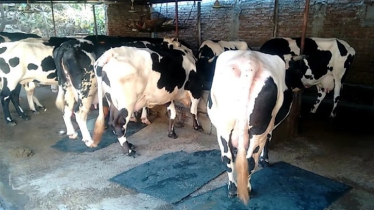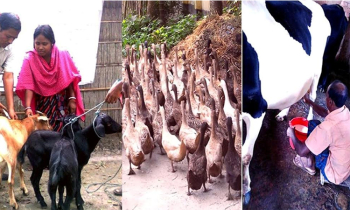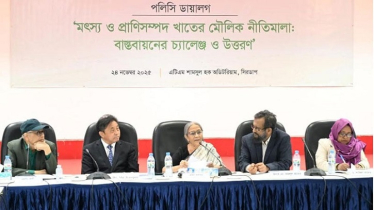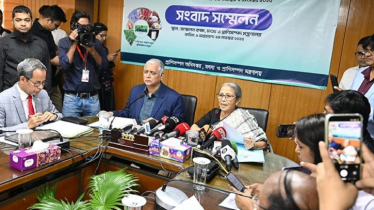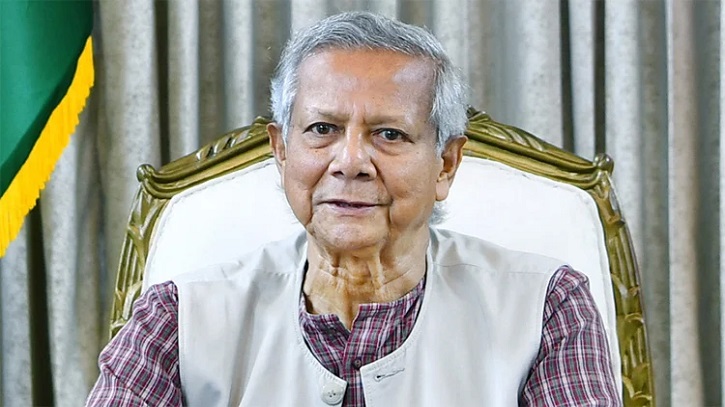
Interim Government Chief Adviser Professor Muhammad Yunus has once again underscored the significant role of Bangladesh’s livestock sector in the national economy, describing it as a silent yet powerful contributor to growth. In a video message delivered on Wednesday at the inauguration of National Livestock Week 2025, held at the Bangladesh–China Friendship Conference Center in Agargaon, he warned that uninterrupted production across the sector is now the most pressing challenge.
Professor Yunus noted that livestock contributes 2 percent to the country’s total GDP and 6.5 percent within the agriculture sector. He highlighted that the poultry industry alone involves around six million people directly and indirectly, a majority of whom are women. According to him, any disruption in this production chain would jeopardize both the livelihoods of marginalized communities and national food security.
The event was presided over by Farida Akhter, Adviser to the Ministry of Fisheries and Livestock. Planning Adviser Wahiduddin Mahmud attended as the chief guest, while Secretary Abu Taher Mohammad Jaber delivered the welcome address.
In his remarks, Professor Yunus emphasized that the livestock sector has evolved beyond supplying animal protein. It now plays a visible role in rural employment, women’s empowerment, commercial farming, associated industries, and foreign exchange earnings. He stated that increased investment from both the Department of Livestock Services and private enterprises has boosted national production of eggs, milk, and meat, significantly reducing the country’s protein deficit.
However, he cautioned that several emerging threats must be tackled with urgency. These include climate change, antimicrobial resistance, zoonotic diseases, new pathogens, and shortages of animal feed. He added that the interim government formed after the mass uprising is actively addressing these challenges.
Professor Yunus also stated that programs aimed at strengthening field-level veterinary services are expanding. Referring to the recent Eid-ul-Azha, he noted that Bangladesh did not need to import sacrificial animals, calling it a major achievement made possible by the dedication of small-scale farmers nationwide.
Alongside the inauguration, the country’s largest livestock exhibition opened at the adjacent grounds of the former trade fair venue. The three-day event, open daily from 9 a.m. to 9 p.m. free of charge, features a wide range of animals including cattle, buffaloes, goats, sheep, dumba, horses, rabbits, pigeons, dogs, cats, and various species of birds.
Visitors can also explore stalls showcasing dairy and meat-based foods, traditional recipes, modern livestock technologies, and essential farming equipment. Farmers from across the country are participating, with the objective of raising public awareness about the sector’s potential and inspiring new entrepreneurs.
Director General of the Department of Livestock Services, Md. Abu Sufian, stated that this year’s Livestock Week is being observed simultaneously at central, district, and upazila levels. He added that such a comprehensive display of the nation’s best livestock breeds has never been organized before.


